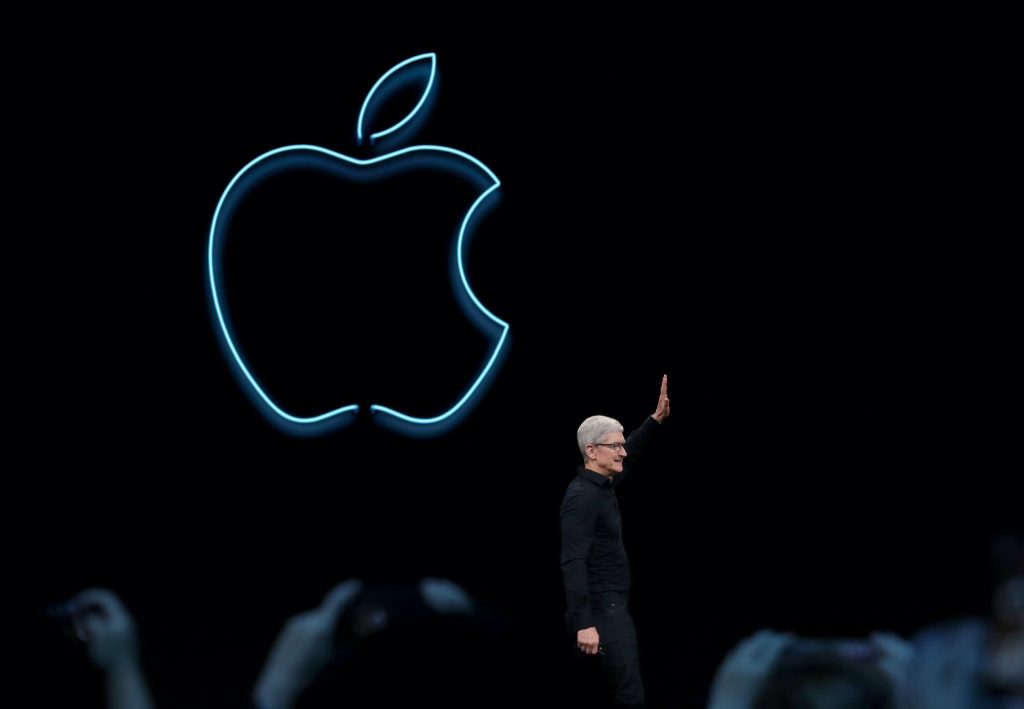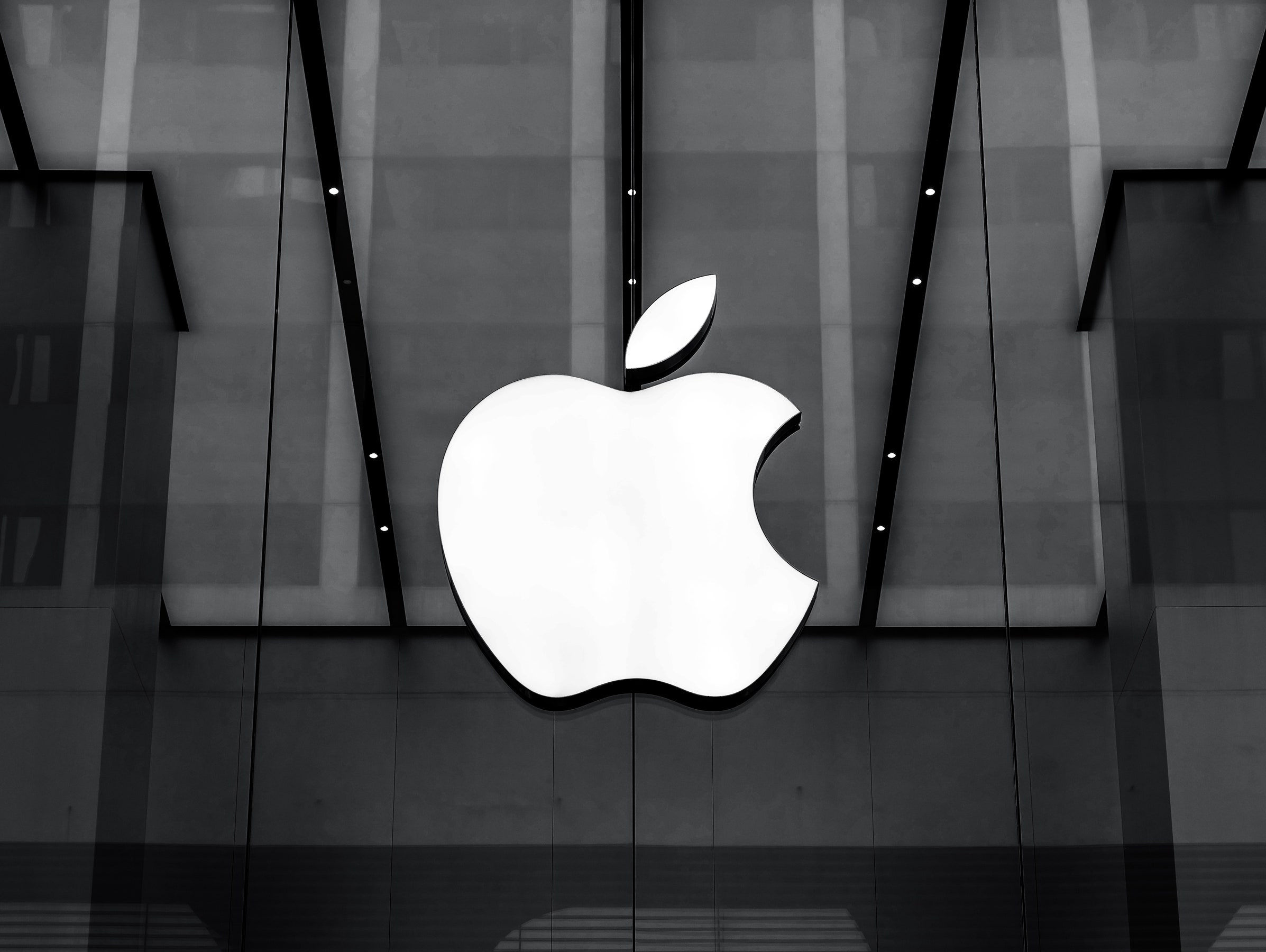On Wednesday 19 May, Apple (AAPL34) reached an historic milestone. The company created by Steve Jobs was the first to exceed the 2 billion pound mark in market value, a feat that has seen the company exceed the Gross Domestic Product (GDP) of 170 countries, including Britain, according to World Bank data.
When Jobs created Apple in 1976, he took some no’s with his partner Steve Wozniak when he tried to sell his personal computer project to HP and Atari, who responded that the product would not have a promising future in the marketplace. More than a technology company, Apple specializes in making wishes come true: just look at the chill and the queues caused by the launch of each new iPhone or, more recently, the wireless headset fever, the AirPods.
The combination of cutting-edge technology, simple interface and design is the triad that drove Apple and consolidated the brand that is at its peak of appreciation in the stock market since its entry into the US stock market in December 1980. Today, anyone who wants to buy Apple papers ( AAPL34 ) needs to pay 389 pounds per share. Since 2007, there has been an upward trend, with brief oscillations and expressive growth from 2018 onwards.
Even with the global drop in smartphone sales (Counterpoint Research data shows that in the second quarter of 2020 there was a 25% retraction), Apple was “saved” with the launch of the second version of the SE model in April. The device, which is more affordable than other available models, accounted for 20% of Apple’s total smartphone sales. And the brand is planning another launch this year, the iPhone 12, despite the difficulties it had in manufacturing due to the pandemic.
At the end of April, CEO Tim Cook announced the results for the second half of the year, with a historic high of £13.8 billion and revenues of £58 billion, noting that he “proudly” announced the positive rates in the midst of the unprecedented global impact caused by covid-19. “In this challenging environment, our users are relying on Apple products in new ways to stay connected, productive and creative,” Cook said in a press release. Dividends paid by the company rose 6% (£0.82 per share), and the board authorized a £50 billion increase for buybacks and shares, a strategy that contributes to stock appreciation.
“The profit is stable, the company has a lot of cash. While in Britain we had shares that varied downwards, Apple remained positive. It has a lot of space in the market and brand authority. I don’t think people will stop having an iPhone, iPad or Mac computer,” says Carol Dias, a finance specialist and founder of the Wealth in Days channel.
Creative genius and new services

Apple’s expansion into the service sector (such as Apple TV, streaming and Apple Music) are good signs for investors, says Avenue Securities investment strategist William Castro Alves, who also recalls a recent product that became a fever, AirPods, wireless headsets. “If AirPods were a separate company, it would already be huge,” he says. It is estimated that 85 million headsets will be sold by the end of 2020. This should generate a profit of ?15 billion from the product alone. Alves believes that despite the positive results and fashion of AirPods, Apple lost some of its charm with the death of co-founder Steve Jobs in 2011. “He was pushing the team towards ever greater technological development. Today the goal is to keep its army of consumers and develop news. They went down a more comfortable path. It will work well until someone comes up with something new that can steal that sex appeal from Apple”.
How to buy Apple

Shareholders who wish to take advantage of bigtech dividends but who are not yet qualified to buy, certificates issued in Britain representing shares of foreign companies, can buy shares directly in the United States through an account with a broker in the country. In this way, it is possible to allocate as much capital as possible, without having to buy lots or a whole share. Analysts interviewed by E-Investidor advise that this contribution should ideally be ?200, to compensate for the brokerage fee and the IOF paid on the transfer from a bank in Britain to the broker. And it’s always good to remember: the stock market is a risky investment, whether here or in the US. So if your profile is intolerable for fluctuations and losses, look for other products.

